
Demystifying the art & science of creativity, innovation and entrepreneurship.
Latest Blog Articles
Much ink has been spilled about the plight of college graduates. Because of all the hand-wringing about entry-level positions disappearing and AI automation stealing opportunities, no one is saying the quiet part out loud:
No one wanted a "job" to begin with. In that sense, there's never been a better time to enter the job market.
Most companies get AI adoption wrong because they're trapped in "value capture" mode. Efficiency plays might deliver measurable ROI, but they’re essentially defensive moves, and defense alone doesn't put enough points on the board to win. The real competitive advantage comes from "value creation."
Last week, I ran an innovation workshop for the thousandth time. But this time felt different. Every time I noticed that familiar moment where teams hit cognitive quicksand—where I'd normally say "this is the hard part, push through it"—something clicked. This is exactly when AI should step in.
Everyone’s panicking about “AI glazing.” But what if it’s a feature, not a bug? The creative industry's most successful practitioners understand something the rest of us are missing.
I’ve been working on a radical new course at Stanford, which I’m excited to share more details on soon. In the meantime, sharing an early iteration of my thinking on the topic, in the form of my WSJ piece co-authored with the brilliant Kian Gohar.
This post marks my 200th edition of Methods of the Masters—and serves as a fitting bridge between my early focus on human creativity and more recent AI work. In an age of infinite AI inputs, our biology demands we cultivate equally intentional human disconnection strategies.
Special guest post by Brendan Boyle, one of Stanford’s most beloved professors, acclaimed toy inventor, and founder of IDEO’s Toy Lab. He’s taught me more about play than anyone other than my own children.
In five years, no one will care how many people logged into ChatGPT. They'll care about who used it to transform their work. The organizations that understand the difference between more use and better use are quietly outperforming their competitors-while everyone else celebrates meaningless "adoption" metrics.
I thought I was running a standard innovation workshop with one of my favorite clients. Instead, I came to face to face with my own biases, and accidentally broke an entire organization's understanding of what's possible.

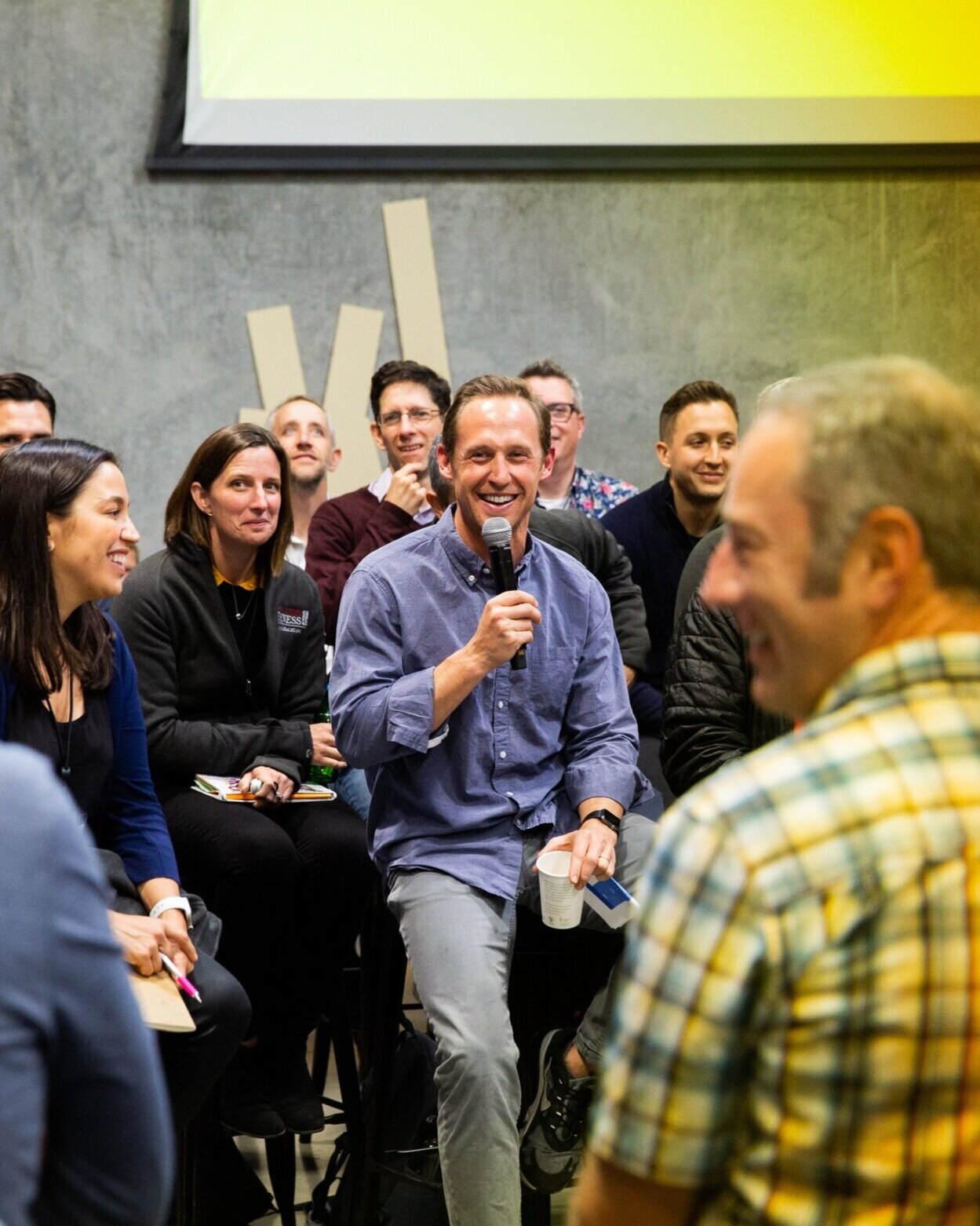
Jeremy is a passionate educator, innovator, and inspirational speaker.
Talks & Classes
Jeremy has helped the world’s most innovative entrepreneurs and companies with the methods he teaches at Stanford. Explore his classes to develop your skills as a leader and innovator.

How Breakthroughs Happen - Stanford Talk
The Paint & Pipette Podcast | Latest Episodes
Vivian Shen founded Juni Learning in 2017 to bridge the gap in education that exists between future-looking skills and what’s taught in the classroom. She is on a mission to provide students access to 1:1 teaching to ignite a passion for learning among all students – regardless of their interests and learning styles. In this episode, we talk about growing grit, getting comfortable with ambiguity, and knowing when it’s time to “burn your ships.”
Phoebe Yao is the Founder and CEO of Pareto, a software company that automates mundane tasks for business founders. With a company that operates in eight different time zones, Phoebe explains the importance of creating space for serendipity and chance encounters in the world of remote work and how she goes about this. We discuss the tension between breaking down barriers between work and personal relationships while also advocating for self-care and personal time.
Amy Yin is the Founder and CEO of Office Together, which delivers manager empowerment and scheduling tools to realize the full potential of a flexible workplace and make hybrid work, work. In this episode, Amy walks us through her decision to drop out of Harvard to join a start-up, and why she ultimately went back to finish her degree. She shares insights on knowing when you have the right idea, how to de-risk early hires, being a first generation Chinese founder, and her approach to “conscious leadership.”
Sabrina Kappe Ramos and Kim Schreiber are the Co-Founders of NeuroNav, a technology-enabled concierge service that curates individualized supports for adults with disabilities. In this episode, they talk about discovering the need for a co-founder (and falling in love with the right partner!), broadening the net of inclusion, and both the challenges and unique advantages of being a woman in the fundraising process.
Ellie Buckingham and Miri Buckland are the Co-Founders of The Landing, a digital space for visual curation. They have pivoted significantly since inception and have built a fantastically loyal user base in an entirely different arena than their original vision. In this episode, Ellie and Miri talk with us about knowing when to pivot, overcoming impostor syndrome, and preserving the “Quest Mentality” past the initial turbulence of getting a start-up off the ground.
Annie Stancliffe is the Founder and CEO of High Five, a reimagined nail salon on a mission to improve the lives not only of customers, but also employees. Inspired by “the now-infamous New York Times expose detailing the mistreatment of nail salon employees… Annie is committed to providing ethical treatment and fair pay for our nail techs and a modern, delightful service for our customers.” In this episode, she talks to us about preserving a spirit of creativity in the midst of routine operations, the decision to bootstrap her business, and how many delightful ideas are sparked by everyday observations of and interactions with her customers.
Noemie Delfassy is the Founder and CEO of Frecious, fighting for a better food system with healthy organic snacks made from locally sourced fruits and vegetables. In this episode, she talks about leaving an established career path to become an entrepreneur, discovering her life’s work, and deciding to anger seed investors in pursuit of a sustainable business model. She shares how she turned a supply chain disaster that threatened to derail her product launch into a PR campaign, and why she decided to bootstrap the business once she came to the US from Europe.
Laura D’Asaro is the Co-Founder of Chirps (as seen on Shark Tank!), a food company seeking to transform Americans’ dietary impact on the environment. She’s also the co-author of Project Startup #1: Eat Bugs. In this episode, she talks about reinventing social entrepreneurship, attempting to break world records for cancer research, and the early influences that shaped her as an entrepreneur. She also shares tips and tricks that she uses to generate new start-up ideas an an almost-daily basis!
Itziar & Maite Diez-Canedo are the Co-Founders of Via, a fantastic solution for hiring and onboarding global teams. In this episode, they talk about what it’s like as sisters leading a business, raising money as women, and how to extend your runway as a founder amidst early-stage product iterations. They talk about pivoting, about decompressing, and about the importance of trust in the co-founder relationship.
Ana Leyva is the Founder and CEO of Lelu, a radical new approach to bi-lingual education. In this episode, she talks about discovering her life’s work, building a business while being a mother, and rallying a tribe of collaborators to support her along through the start-up journey. She shares how she turns challenges into opportunities, and inspires us with a fresh vision of collaborating transparently with early customers, employees, and even children!





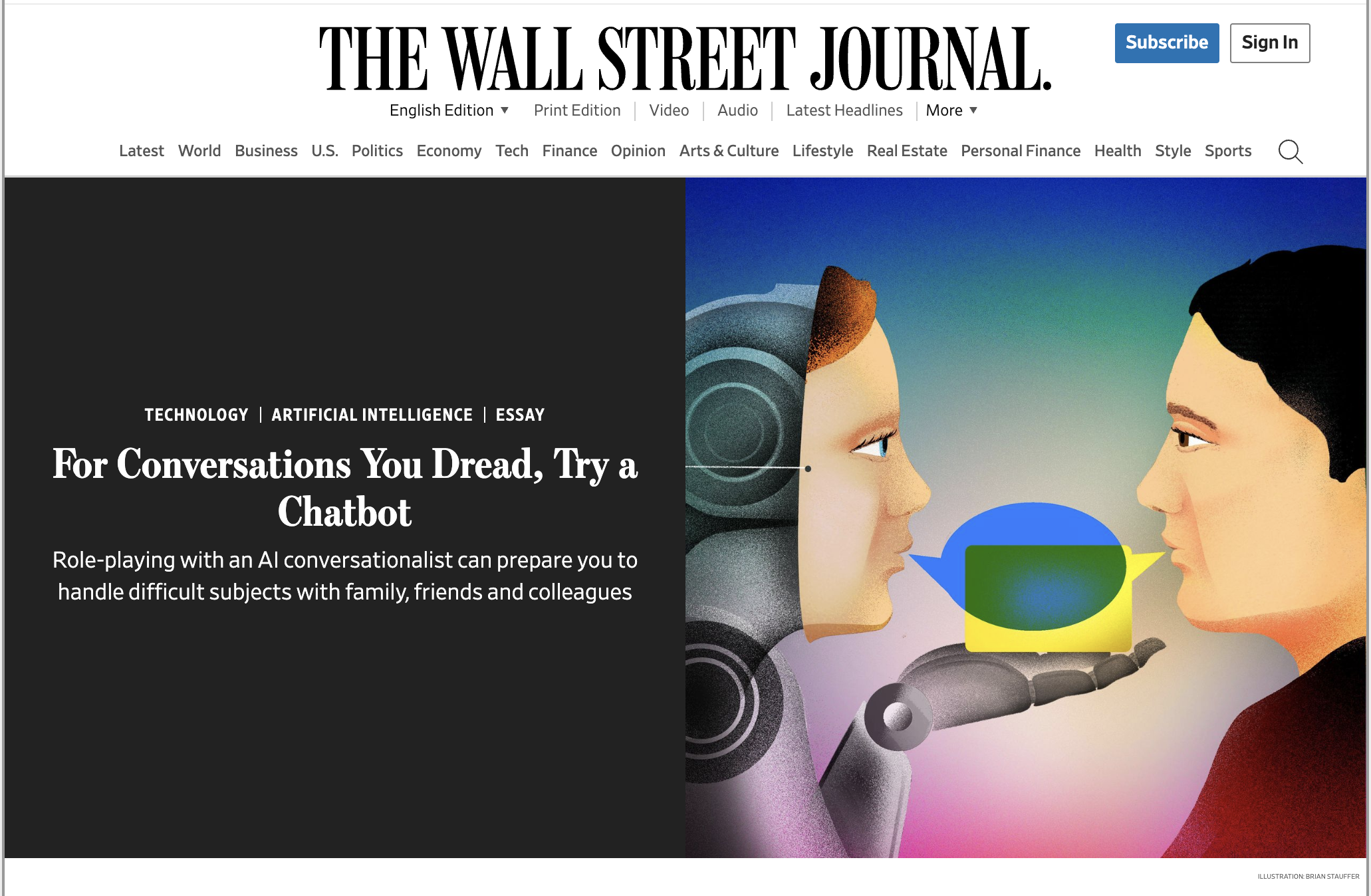

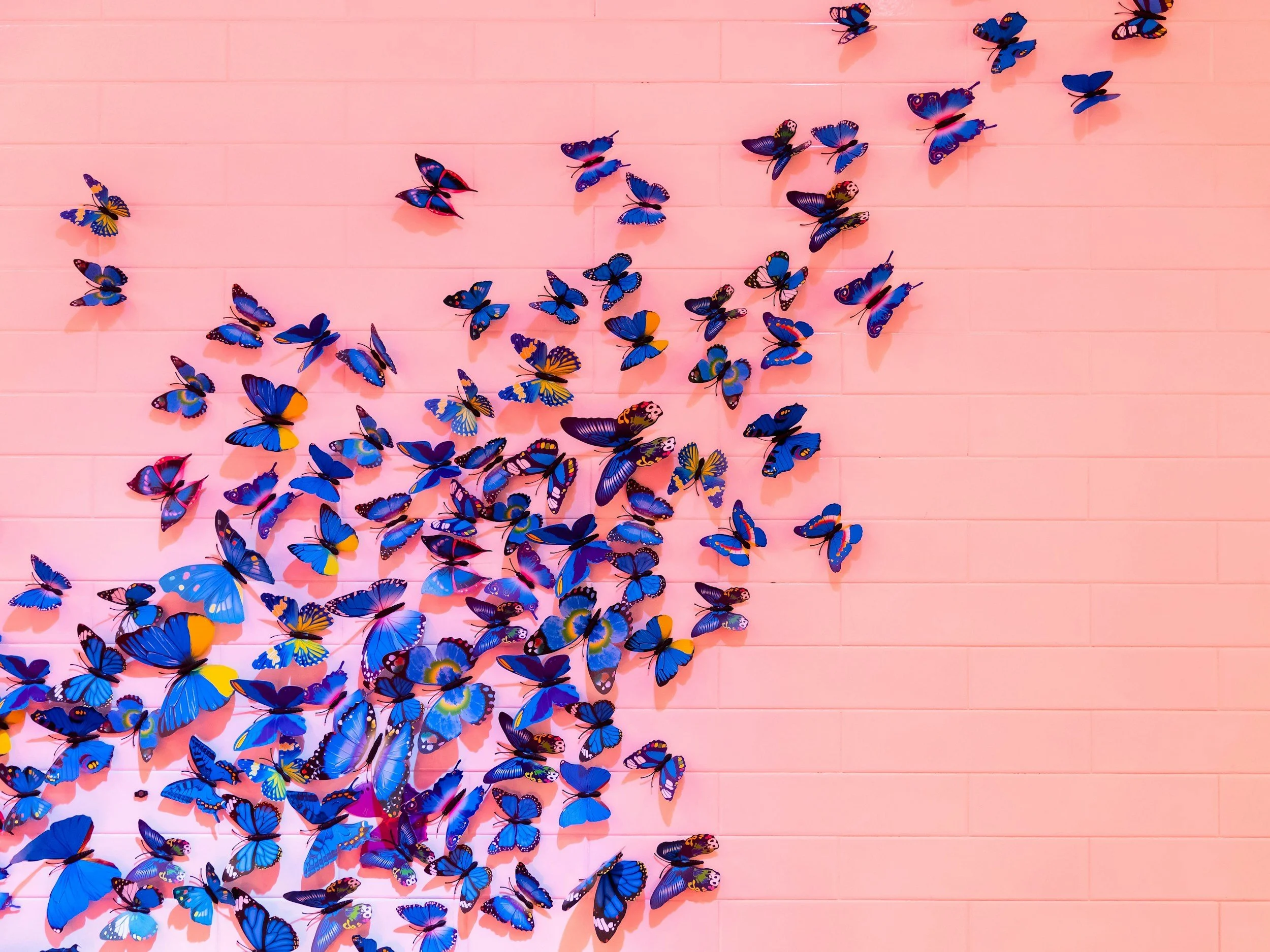


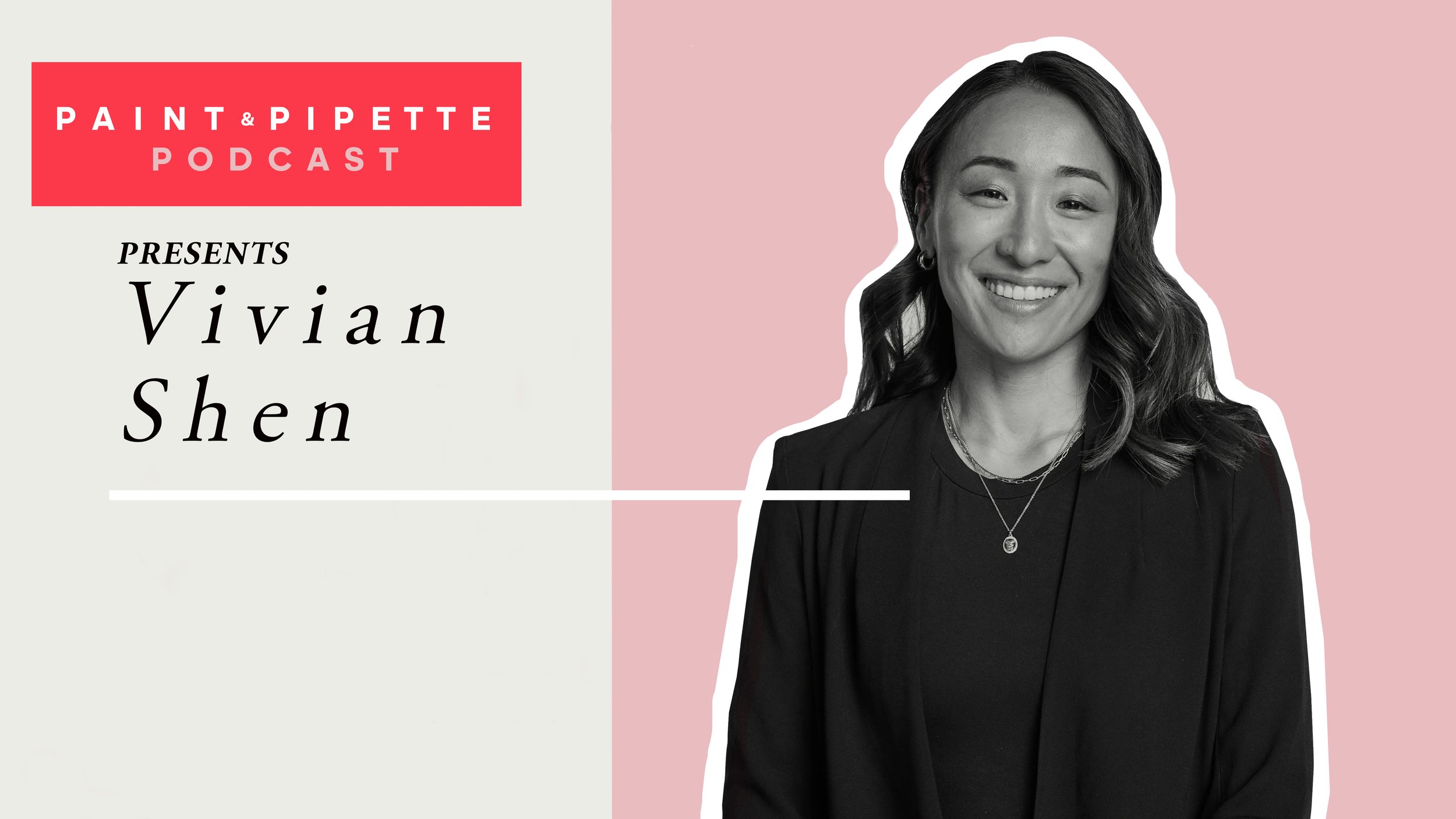
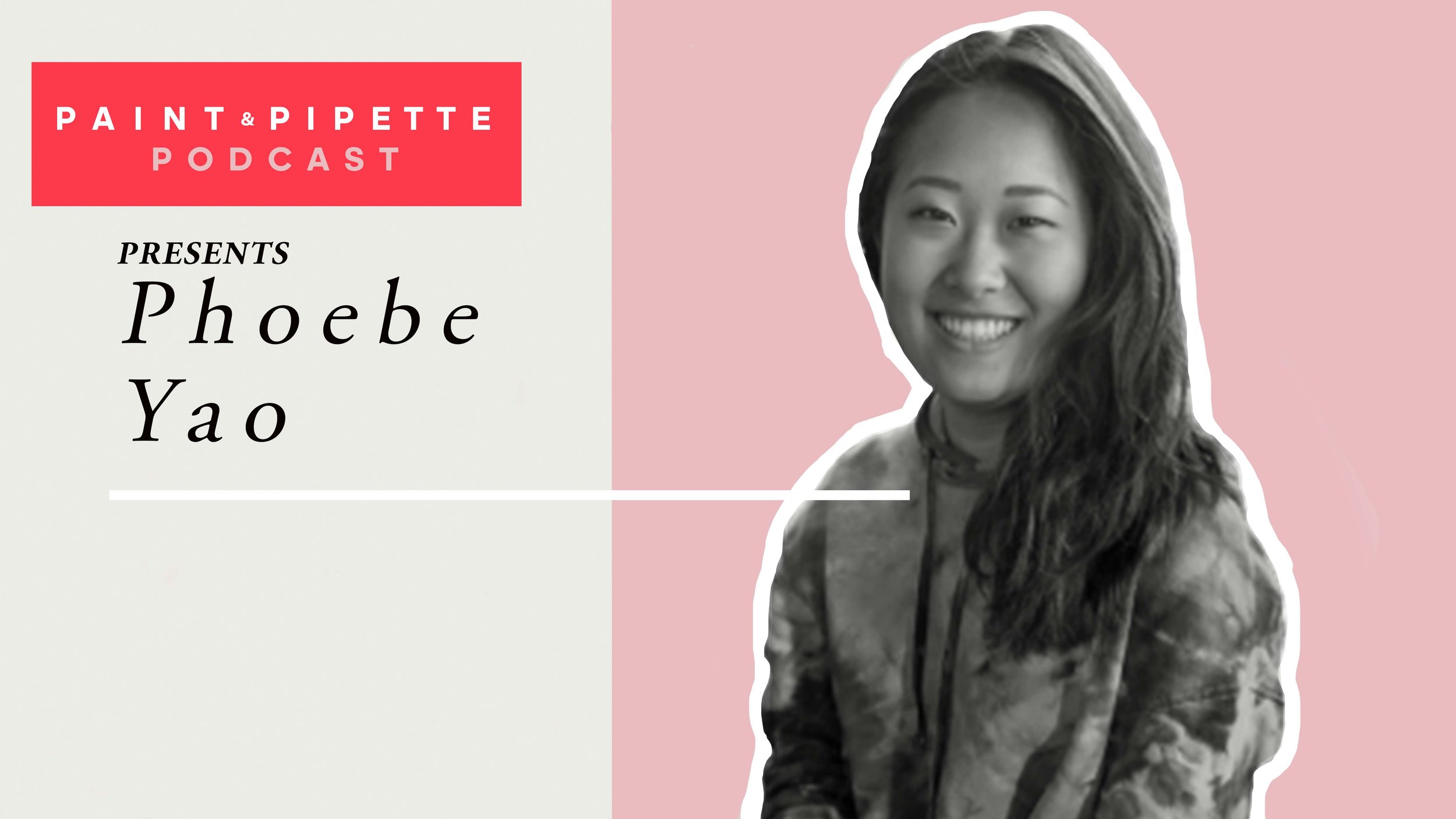
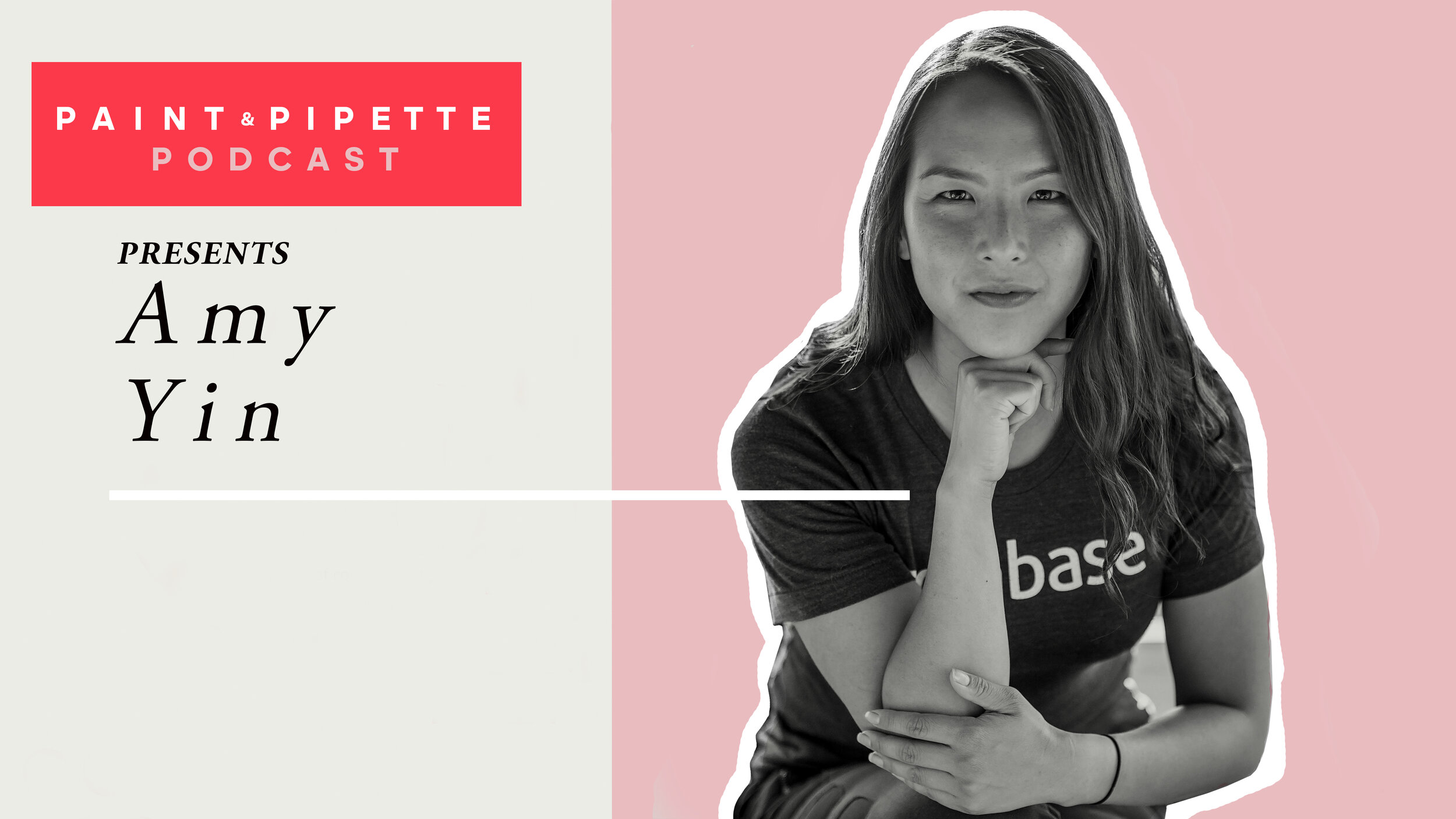
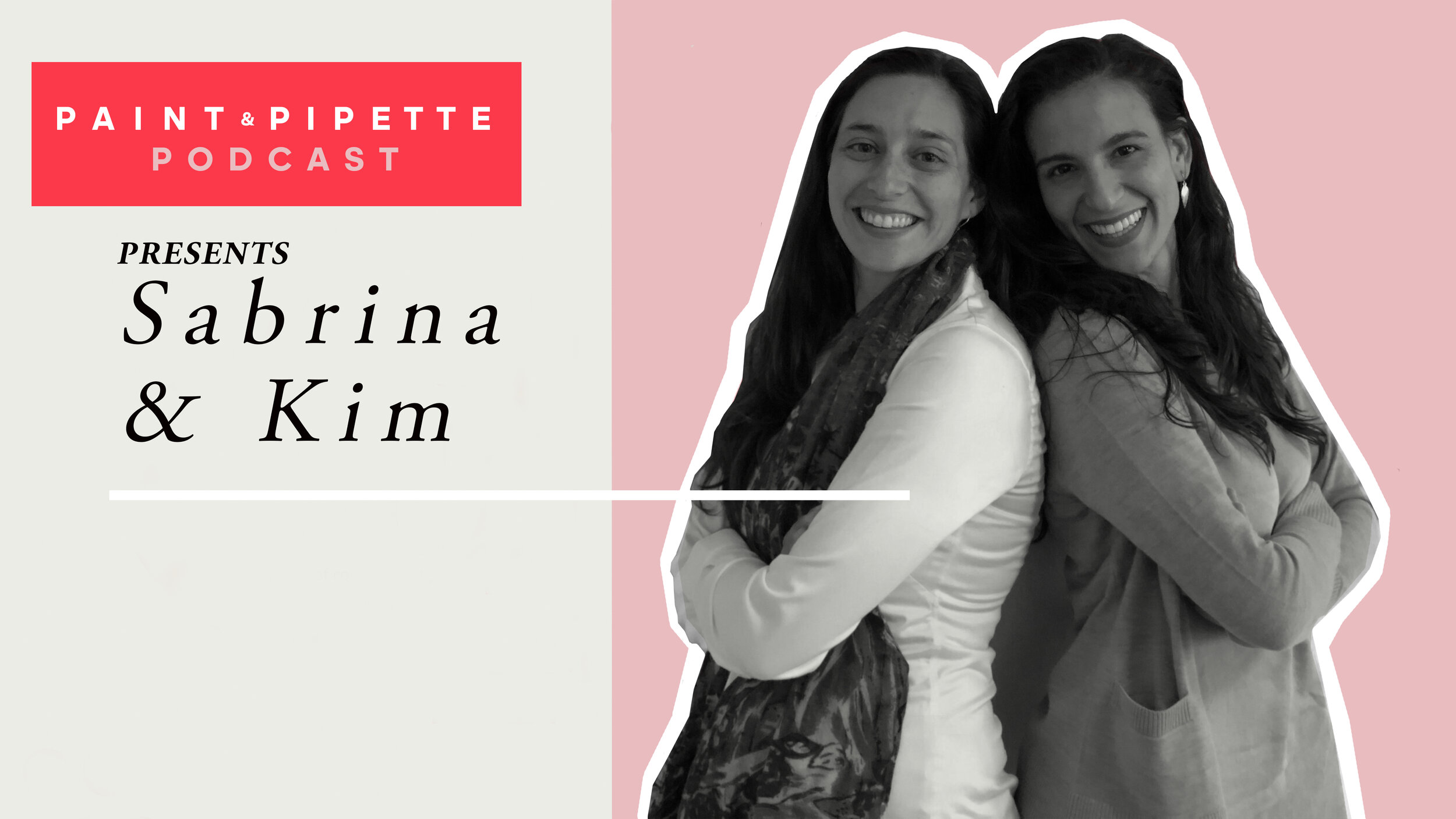
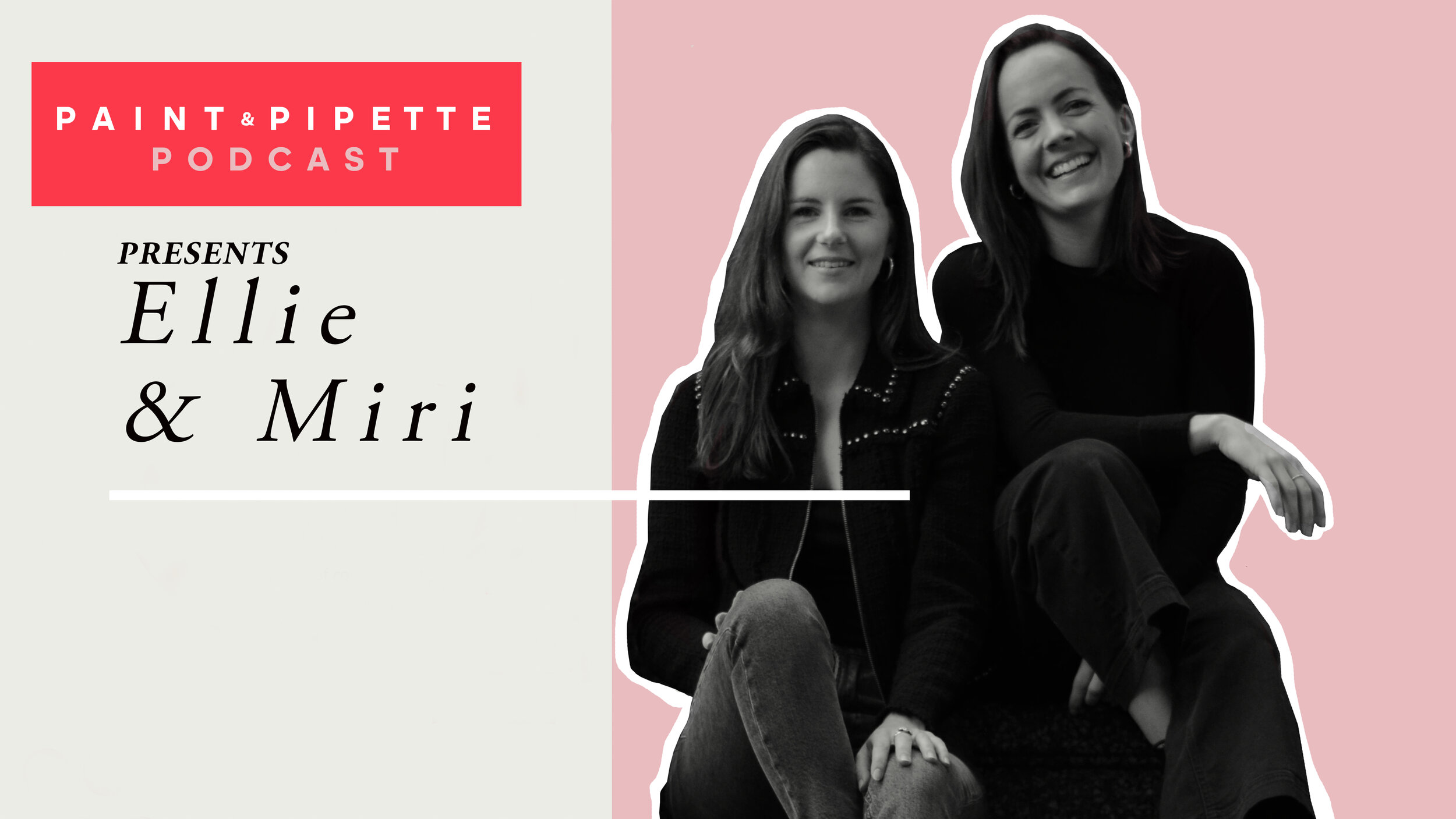
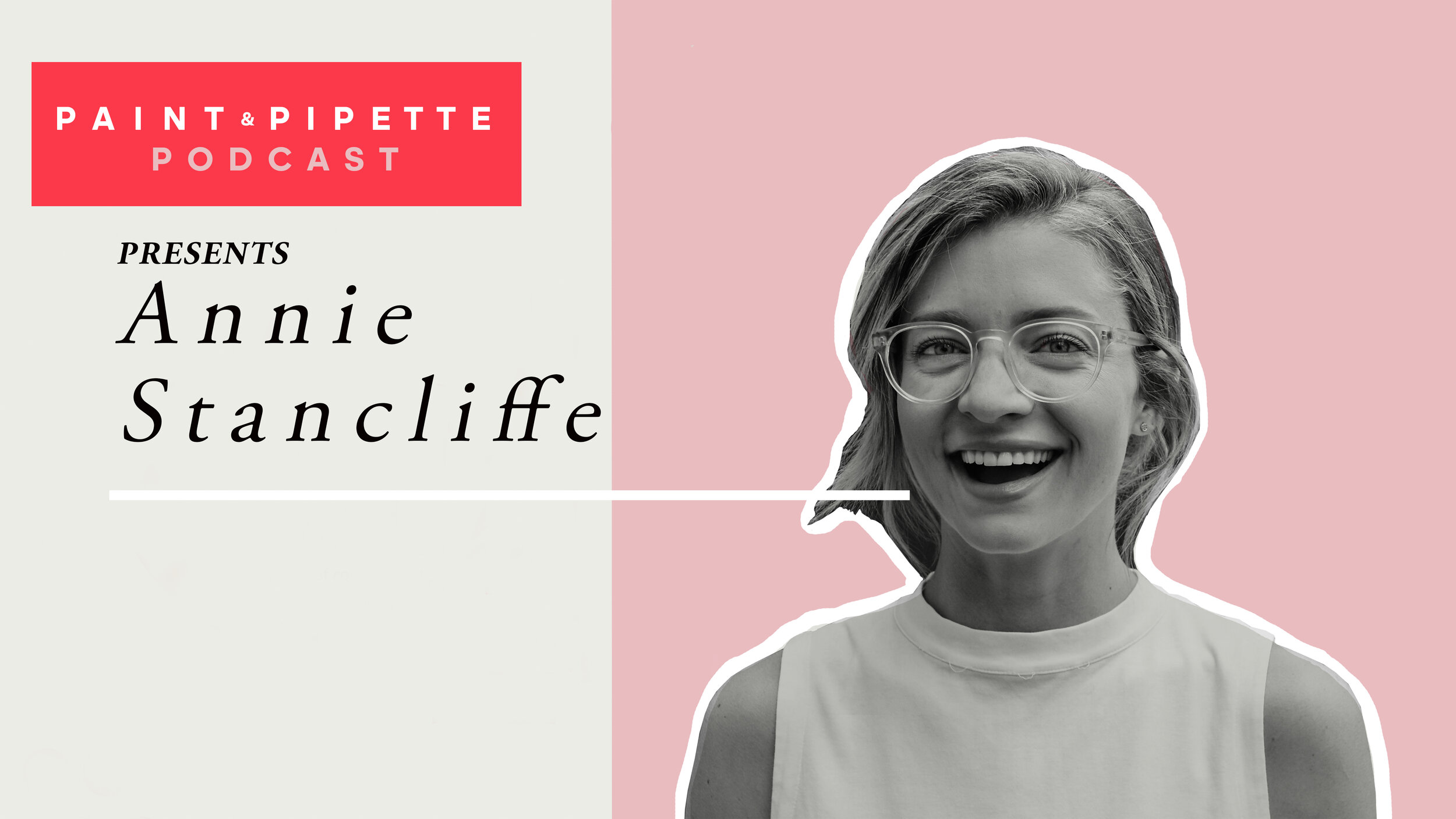
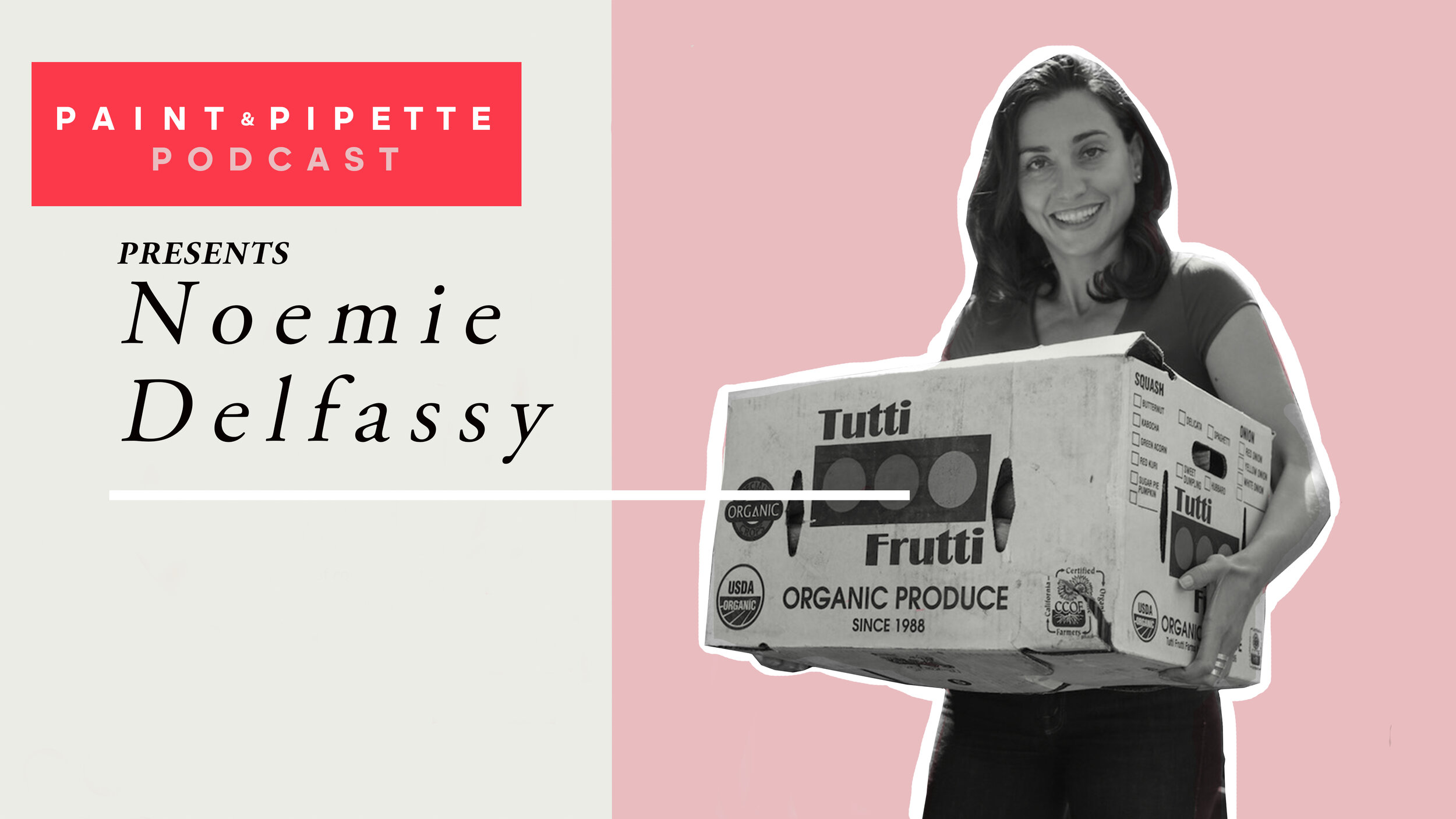
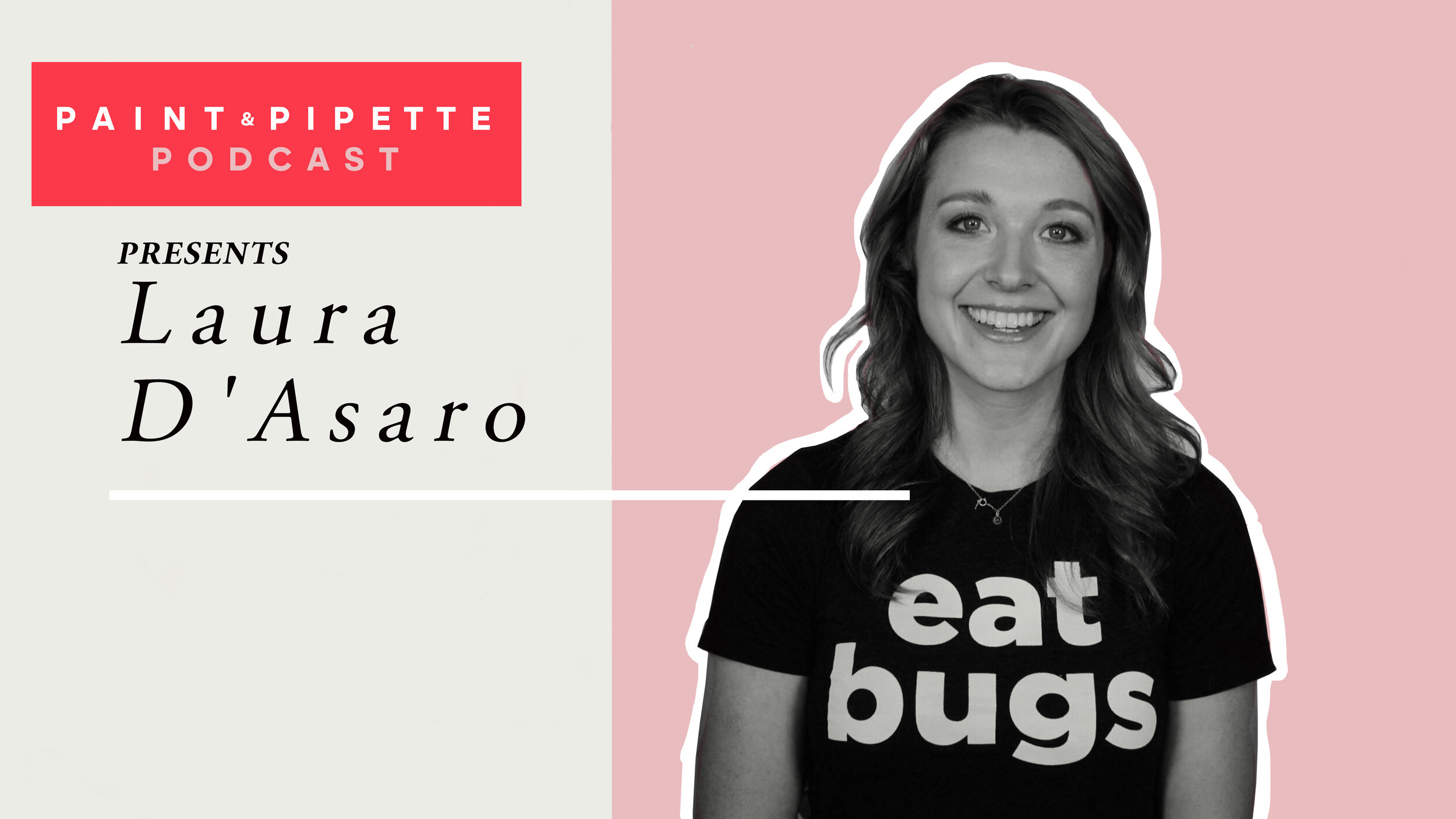
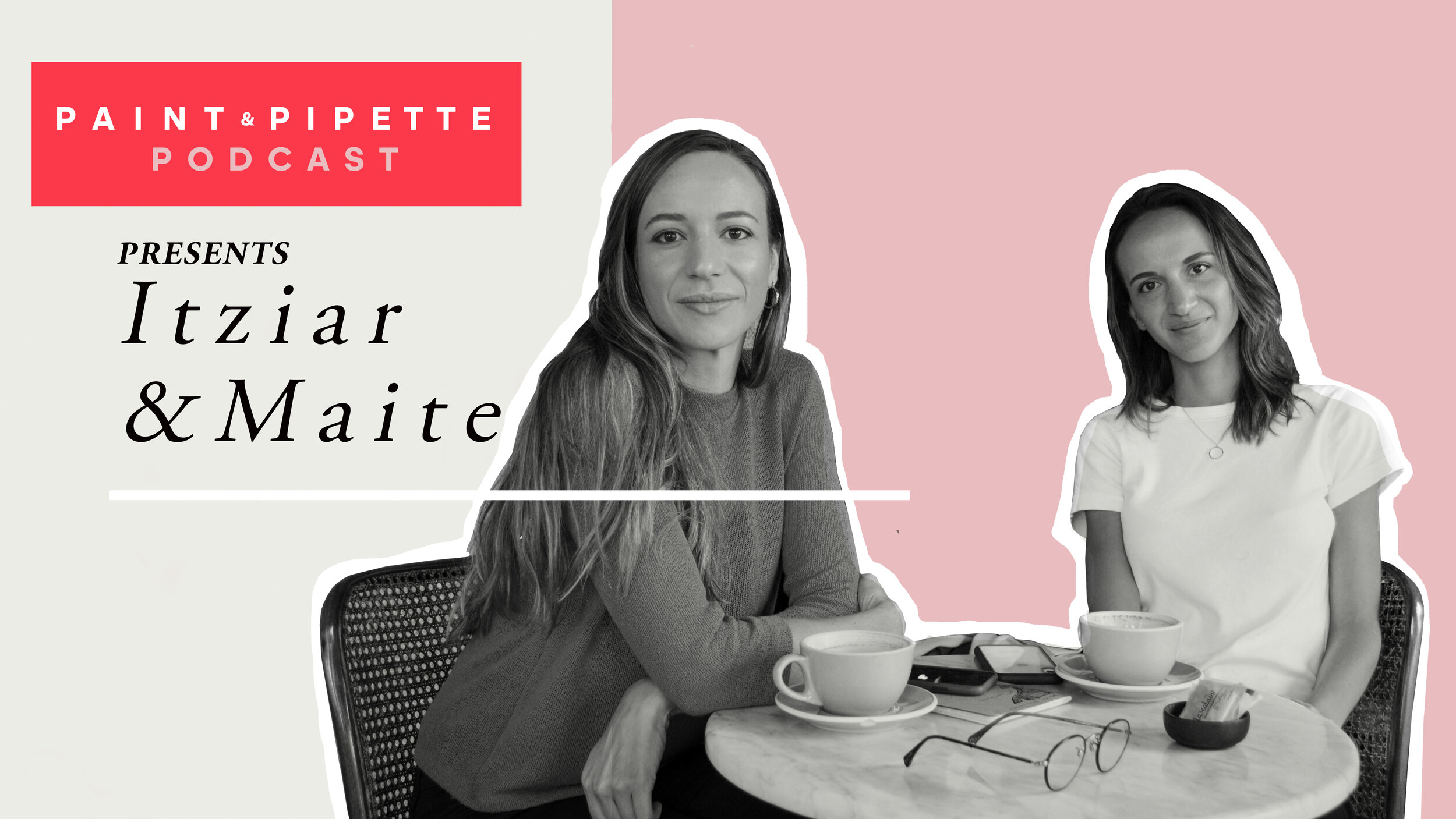
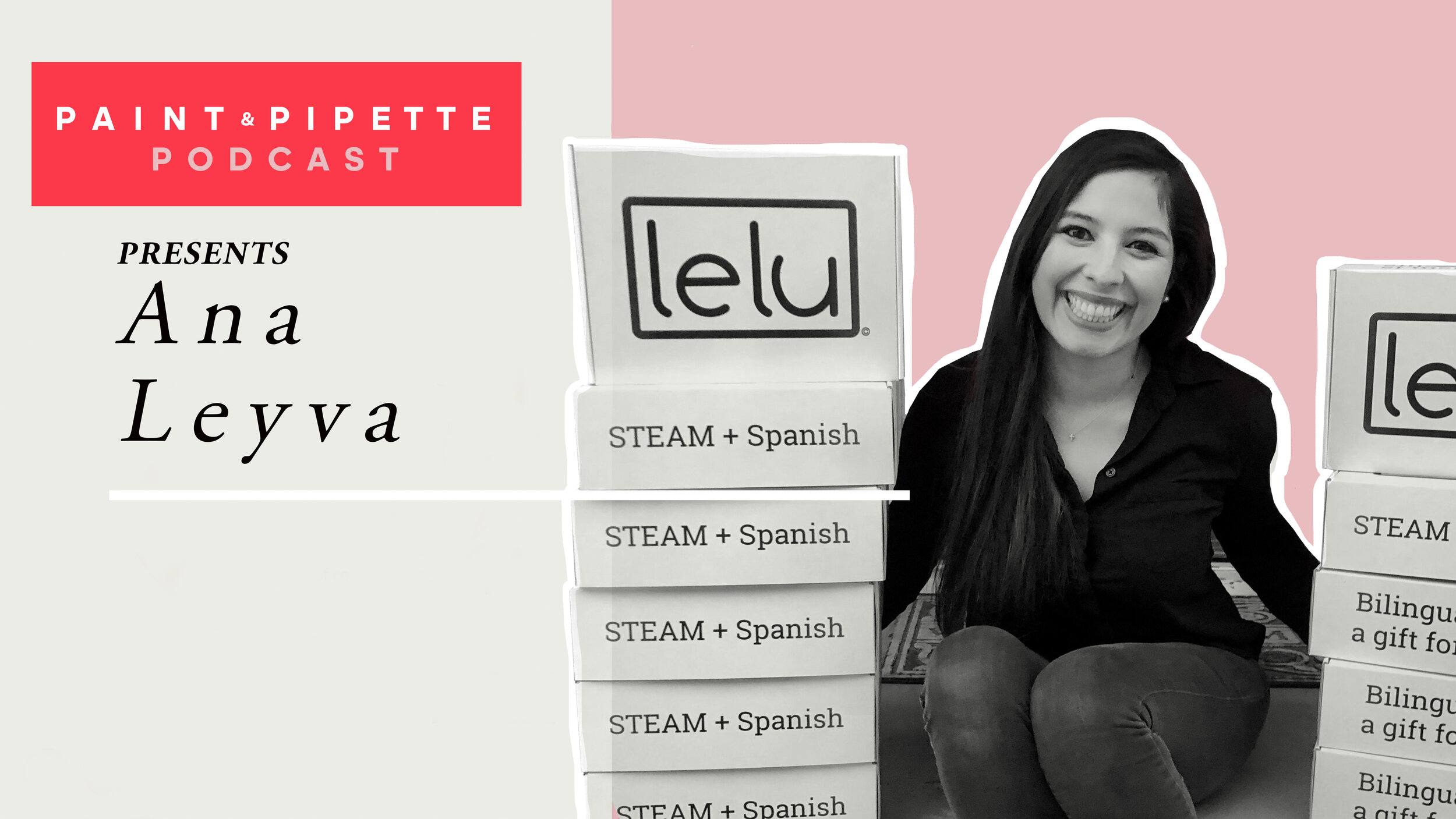
Most organizations don’t fail at AI because of the tech. They fail because leaders reward critique over curiosity. Here’s how to flip the script before your next breakthrough dies in the room.